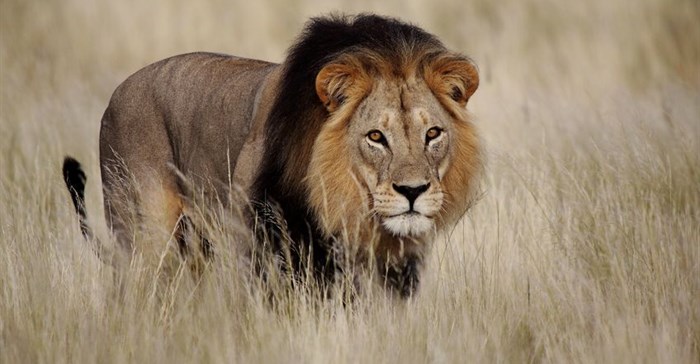
Top stories






More news


Marketing & Media
Ads are coming to AI. Does that really have to be such a bad thing?














“We’ve seen a real shift in the mindset of the decision-makers at this conference; and there is a sense that conservation considerations were foremost when making their findings to protect wildlife rather than simply considering their market value,” said Kelvin Alie, IFAW director for Wildlife Trade.
Important decisions taken for animals in the past two weeks include the transfer to Appendix I of the endangered African grey parrot, all eight pangolin species and Barbary macaque monkeys, meaning they may no longer be internationally traded for commerce. The Silky shark, Thresher sharks and Devil rays have been included in Appendix II, allowing trade only with special permits and calling for certain monitoring measures to be put in place.
A bid by Swaziland to allow it to trade rhino horn was rejected, while a proposal to have the elephant populations of Namibia, South Africa, Botswana, Zimbabwe moved to Appendix I was dismissed.
Parties did, however, roundly reject attempts by Namibia and Zimbabwe to transfer all elephant species to appendix II, opening the door to potential trade. Last week CITES also voted to unequivocally abandon the controversial Decision Making Mechanism (DMM) for a future process to trade in ivory.
“IFAW fully supported this decision. Given the current elephant poaching crisis, and the need to urgently address the lack of enforcement and compliance,” said Alie, “there is no room for consideration of a process that would allow trade in ivory.”
One of the biggest disappointments of CoP17 for conservationists was the decision not to promote African lions from Appendix II to Appendix I which would have prohibited international commercial trade in lions or lion parts.
“Instead parties voted in favour of establishing a zero annual export quota for the bones and claws of wild lions to be traded for commercial purposes, while South Africa, the only country currently commercially trading lion parts from captive bred populations, will have to establish annual export quotas for trade in these parts and report to CITES each year,” said Alie.